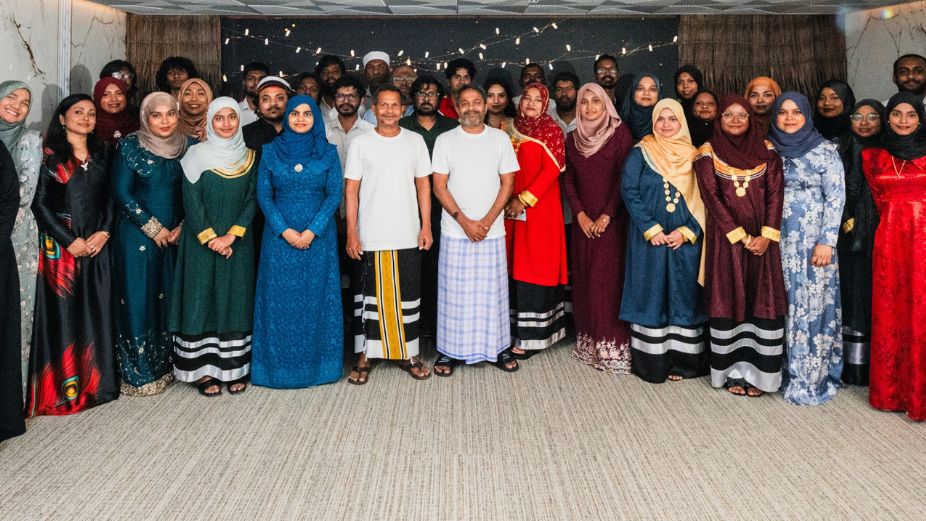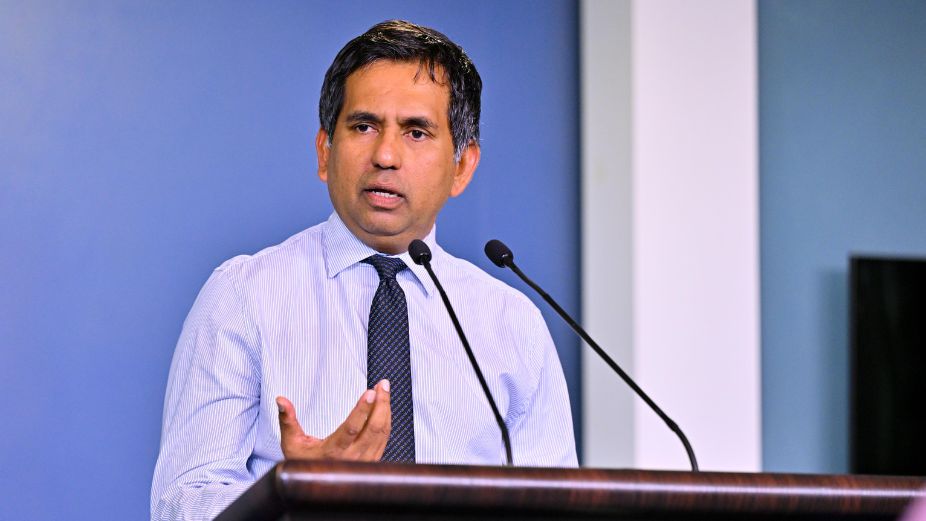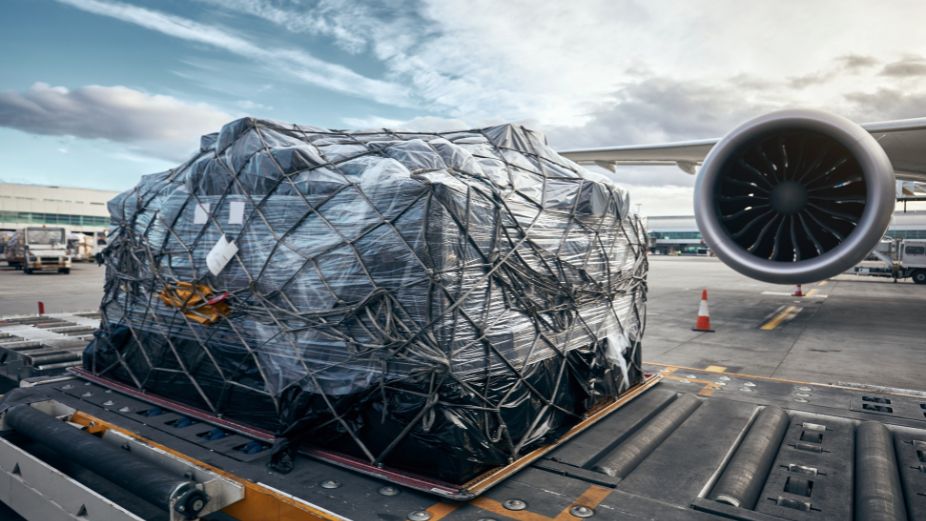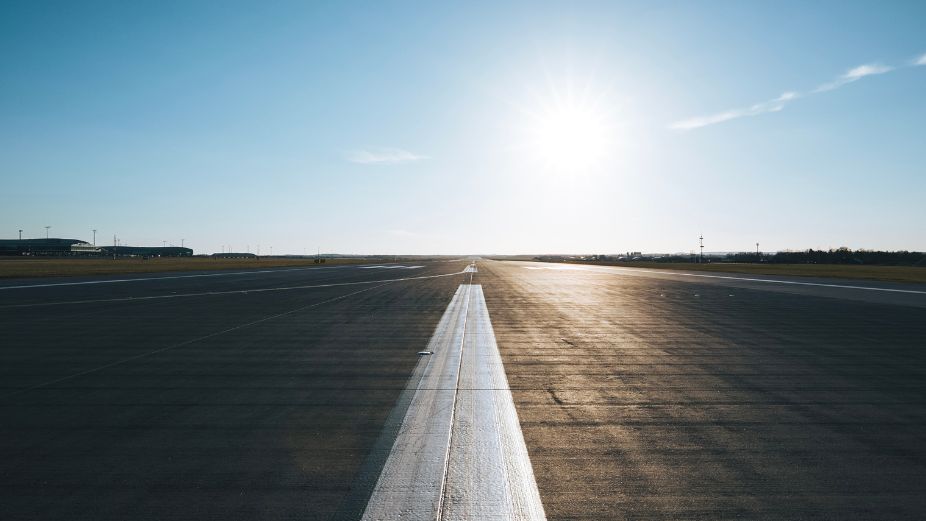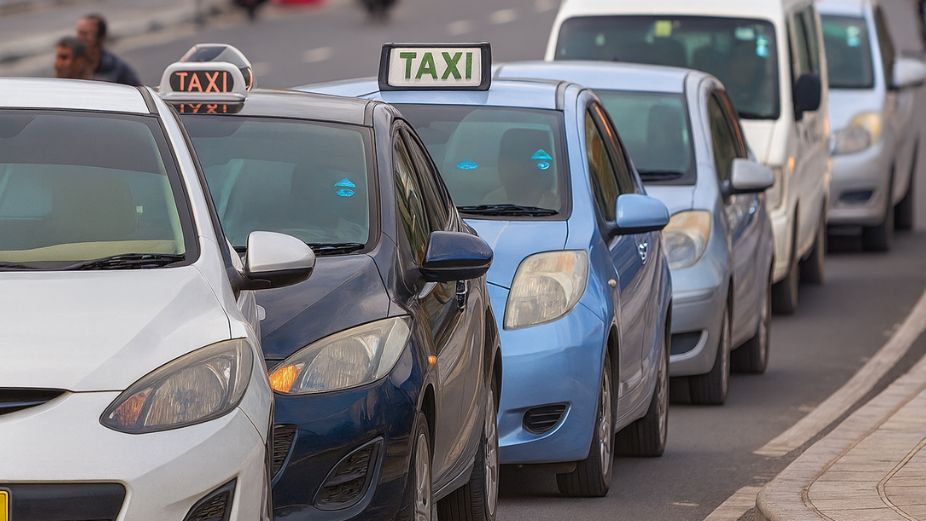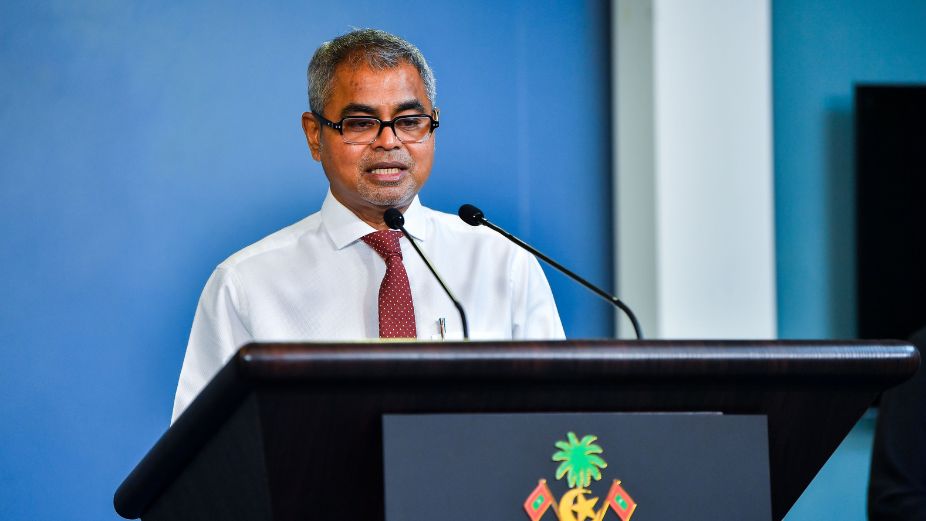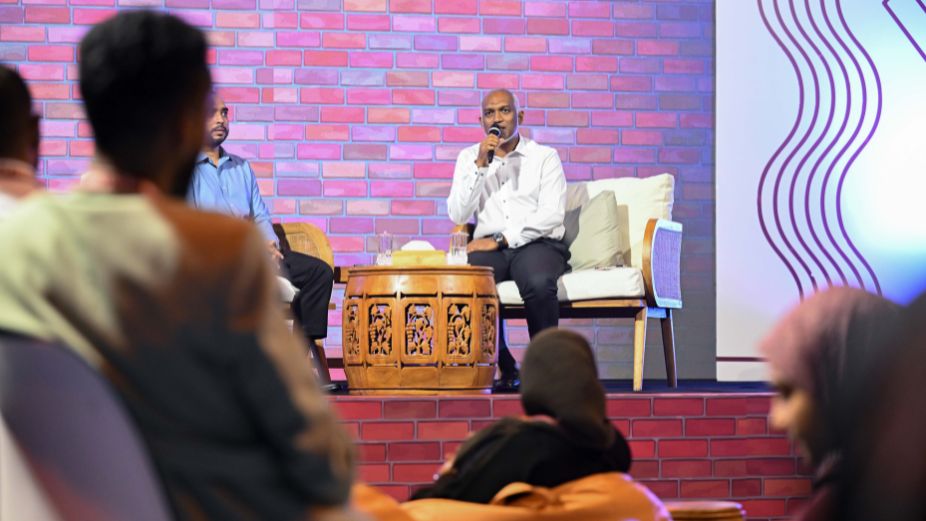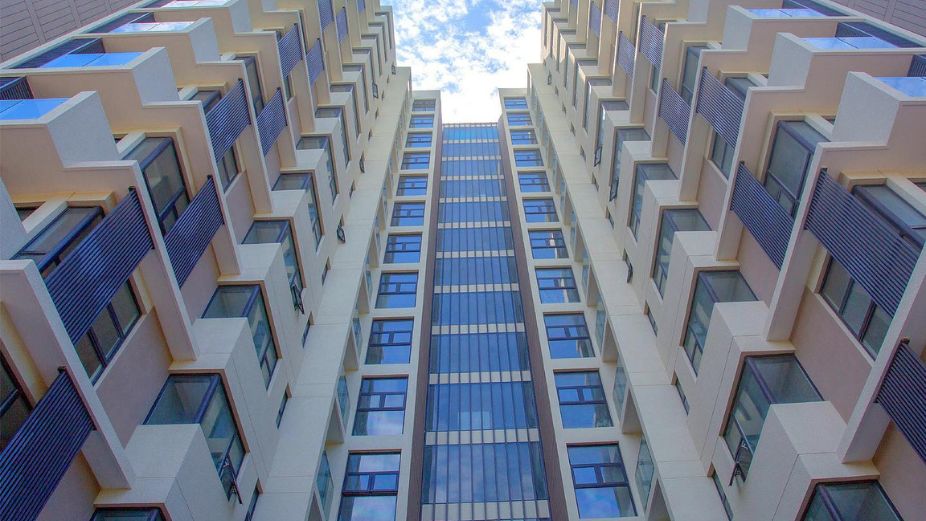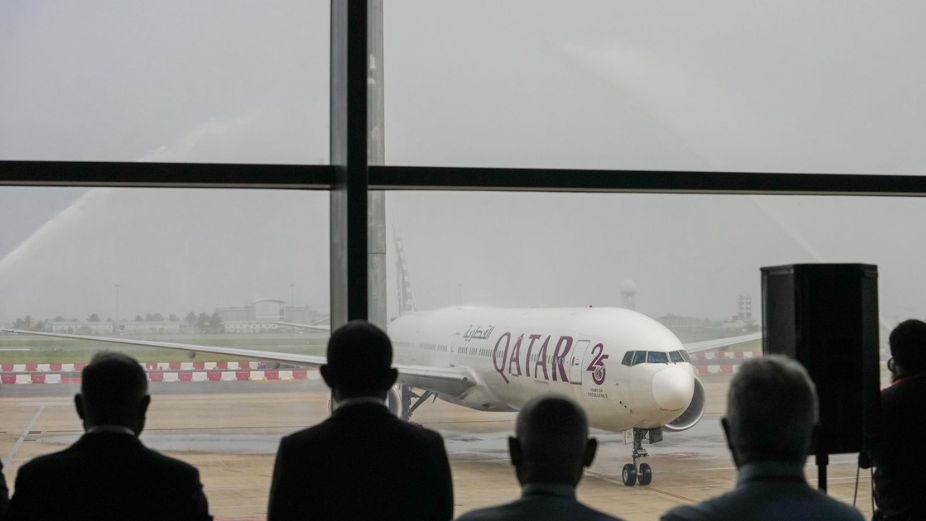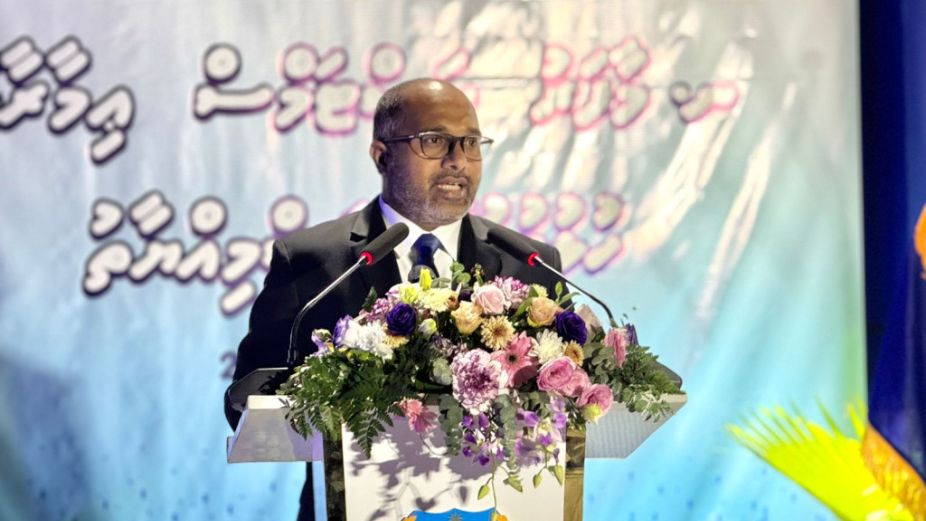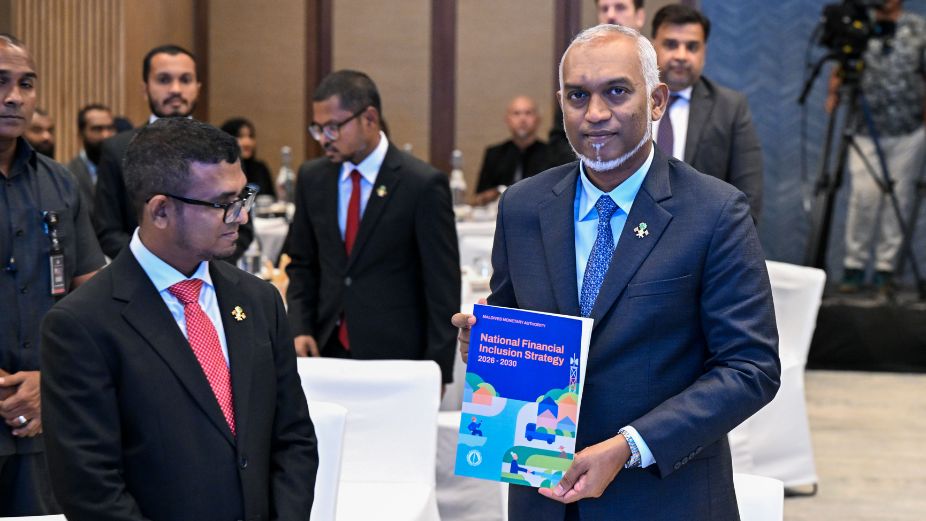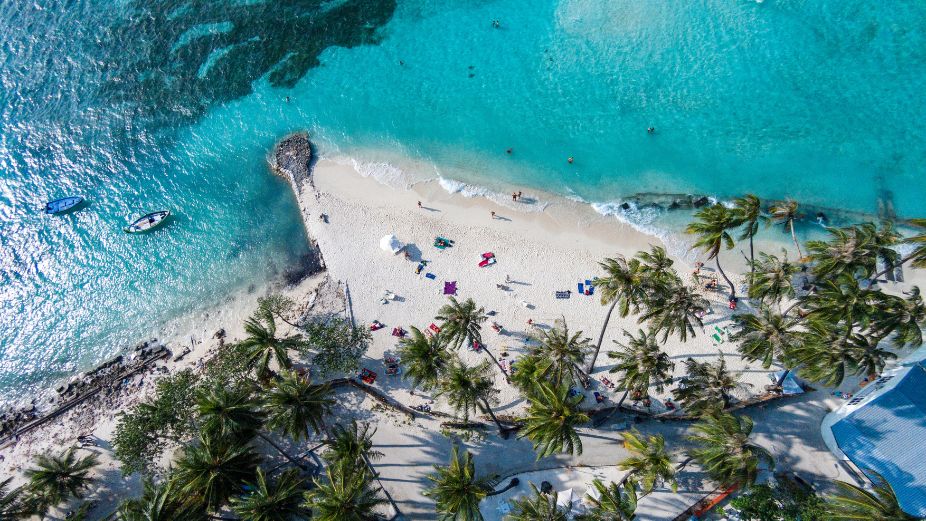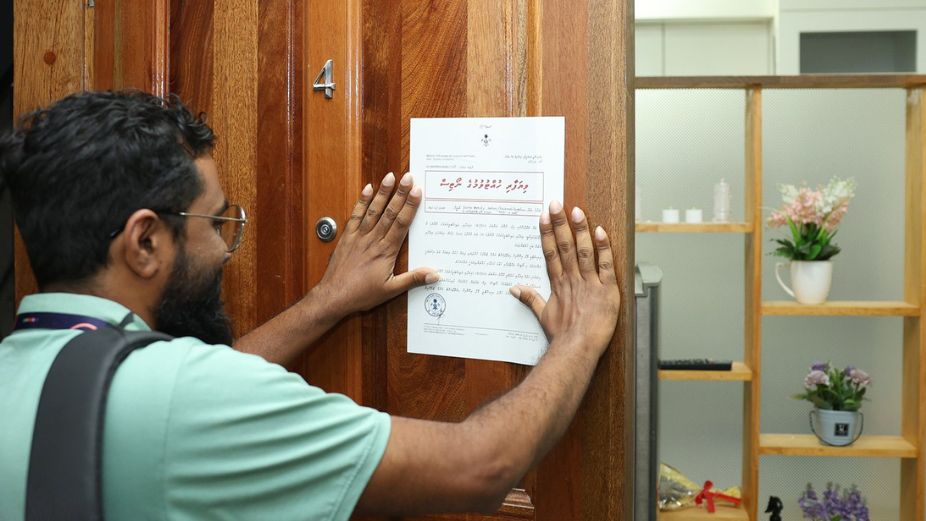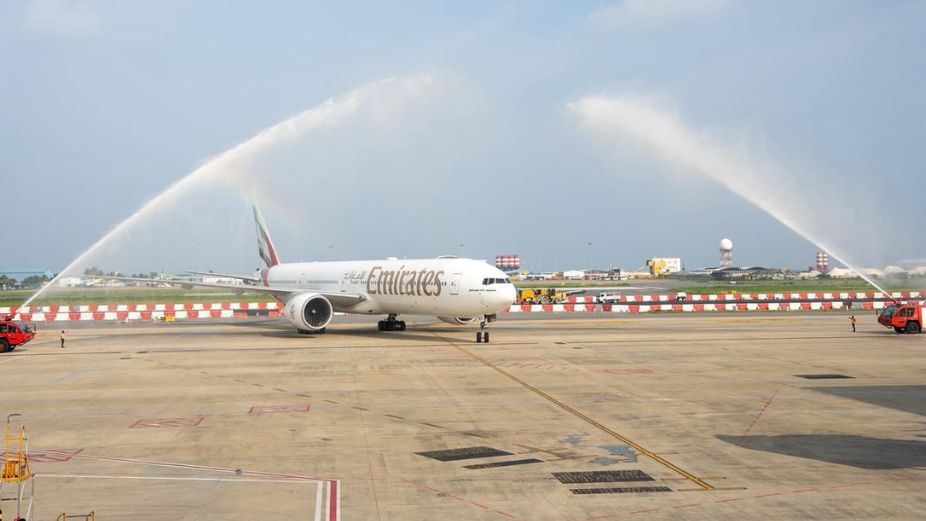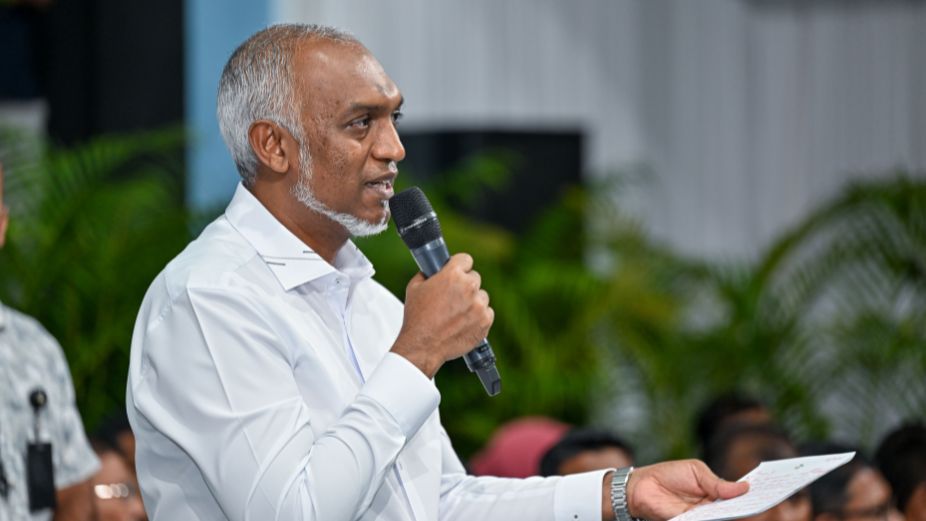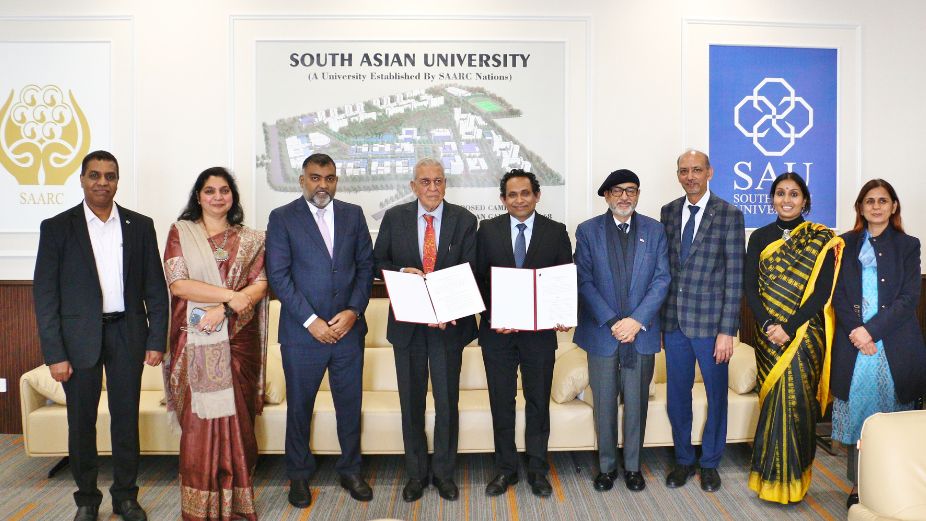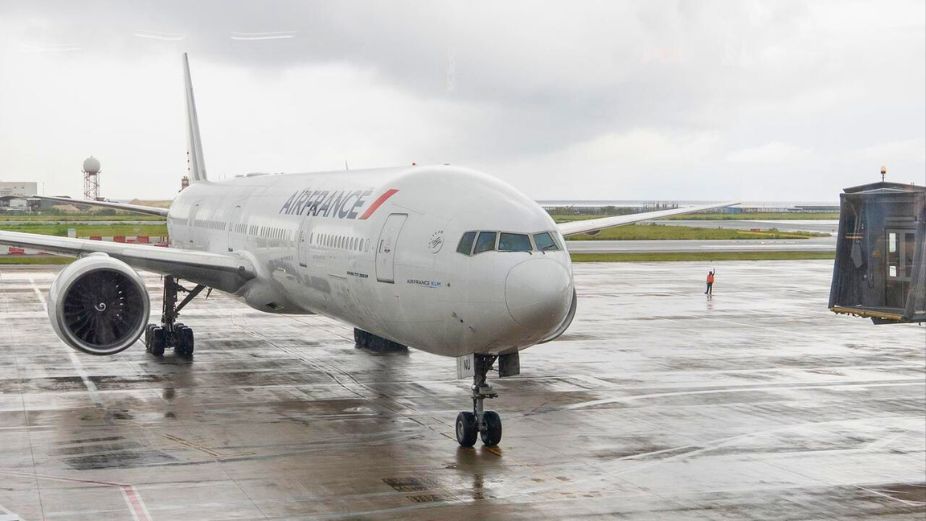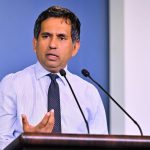Seventeen years ago, in the corner of a quiet coffee shop in Henveyru near Artificial Beach, two friends sat over a conversation that would eventually dismantle a long-held national stereotype. At the time, the idea was as fragile as it was ambitious. It was the idea to build a premier local audit firm entirely, powered by Maldivian minds.
The year was 2007. The global economy was going through a financial crisis, creating a volatile and unforgiving business climate. The local professional landscape was hostile territory. The accounting sector was completely monopolised by foreign firms, guarded by a pervasive, unspoken belief that local professionals lacked the technical capacity for high-level audit rigour, and the discretion required for client confidentiality. At the time, the Maldives had no formal tax regime and no established licensing framework for auditors. From a purely commercial standpoint, there was no immediate “business” for a local firm to capture. Every market force was working against the founders of AH & Associates. But the total absence of a path was the deciding factor to build one.
To challenge this hegemony was a huge business risk, and a reputation gamble. Yet, founded originally as AH & Associates with four partners and zero employees, the firm that would become Crowe Maldives set out to prove a bold conviction that locals can operate at a world-class standard.
Nearly two decades later, that coffee shop conversation has evolved into an institution that is known for their ethics, integrity, and professional excellence. For 17 years, the firm has mastered the art of disrupting the profession and staying ahead by daring to operate differently when others followed the script.
The Architecture of Trust
Building a local firm in a foreign-dominated industry required strong technical skill, and the reconstruction of trust among businesses. The early years were defined by the arduous task of convincing businesses that a 100% local team could safeguard their data and audit their books with the same precision as the global giants. This led them to make another audacious decision. To become a network firm. While critics dismissed the ambition as operationally impossible and financially reckless, the partners pressed forward, driven by the conviction that to change the game, they had to play at the highest level.
In 2016, AH & Associates made history by becoming a member of Crowe, one of the world’s top accounting networks with over 200 firms in more than 130 countries at that time. This was the first time a locally owned firm had joined such a prestigious league. It granted the team access to global methodologies, technical expertise, and elite quality standards without losing a single percentage of local ownership, effectively ending the debate on whether Maldivians could deliver world-class quality.
A Radical Faith in Local Talent
Perhaps the firm’s most defining characteristic is its unshakable commitment to local talent. Crowe Maldives remains the only top-tier firm in the country to maintain a 100% Maldivian workforce since its inception.
This was a bold defiance of industry norms. The partners bet on the potential of local graduates when others looked abroad. Today, that bet has paid dividends, not only in retention but in cultural agility.
Today, it seems that Crowe has evidently cracked the code on the modern workforce. In an era where corporate leaders globally struggle to integrate the youngest generation, Crowe has leaned in. Over 55% of their workforce consists of Gen Z professionals. Far from the stereotype of being difficult to manage, these young Maldivians are holding senior leadership positions and driving the firm’s innovation. It is a masterclass in intergenerational synergy.
Beyond the Capital City
Crowe’s vision of empowerment extends beyond Malé City. Recognising the latent talent in the atolls, the firm became the only one of its kind to establish a fully operational branch in Fuvahmulah, where they provide tax services to their clients. This was a demonstration of meaningful social impact. It allowed professionals to pursue high-trajectory careers without migrating to the capital city.
Looking Ahead
Today, Crowe Maldives is far more than an audit firm. It has metamorphosed into a diversified professional services powerhouse, leading the change in BPO, advisory, cybersecurity, and business automation. They have moved from checking the books to rewriting the playbook on how businesses operate in a digital age.
The future remains bright and optimistic for Crowe as they are entering into new markets. Through their unshakable vision to add value to the nation and their clients, Crowe is geared up to continue to be known as a disruptor and help their clients make smart decisions with lasting value.


